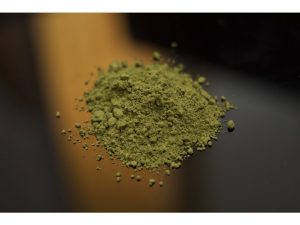What is the role of delta-8 THC in cancer treatment?
2 min read
Cancer treatment often includes a scope of interventions, including chemotherapy, radiation therapy, and medical procedures aimed at focusing on and killing cancerous cells. Delta-8 THC at exhale, a cannabinoid obtained from the cannabis plant, has garnered consideration for its expected therapeutic effects, including its capacity to mitigate side effects related to cancer treatment and work on general prosperity for people going through cancer therapy.
Nausea and vomiting:
Delta-8 THC has antiemetic properties, meaning it can assist with lessening nausea and vomiting, which are normal side effects of chemotherapy. By cooperating with the body’s endocannabinoid system, Delta-8 THC might assist with managing nausea and vomiting pathways in the cerebrum, giving alleviation to patients going through cancer treatment.
Appetite Stimulation:
Loss of appetite, or anorexia, is another normal side effect of cancer treatment that can prompt unhealthiness and weight reduction. Delta-8 THC at exhale has been shown to animate appetite, prompting expanded food consumption and improving wholesome status in cancer patients. By improving appetite and lessening nausea, Delta-8 THC might assist patients with keeping up with their solidarity and energy levels all through cancer treatment.
Pain Management:
Cancer treatment can often cause pain and discomfort, either as an immediate consequence of the disease or as a side effect of treatment interventions. Delta-8 THC has pain-relieving properties, meaning it can assist with mitigating pain and decreasing discomfort in cancer patients. By focusing on pain pathways in the focal sensory system, delta-8 THC might provide alleviation to patients encountering cancer-related pain.
Delta-8 THC holds promise as a correlative therapy for people going through cancer treatment. While further exploration is expected to completely understand the therapeutic capability of Delta-8 THC for cancer treatment, fundamental proof recommends that this cannabinoid may offer critical advantages for cancer patients, upgrading their comfort and further developing treatment results.








